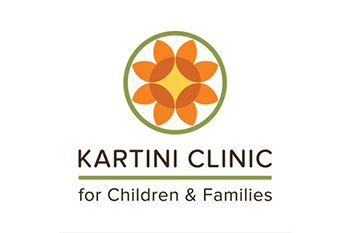Why Kartini Clinic focuses exclusively on high acuity PHP
I’m often asked why Kartini Clinic doesn’t offer residential treatment.It’s a great question. After all, the industry has seen increased integration over the past several years, bringing inpatient (IP), residential…







